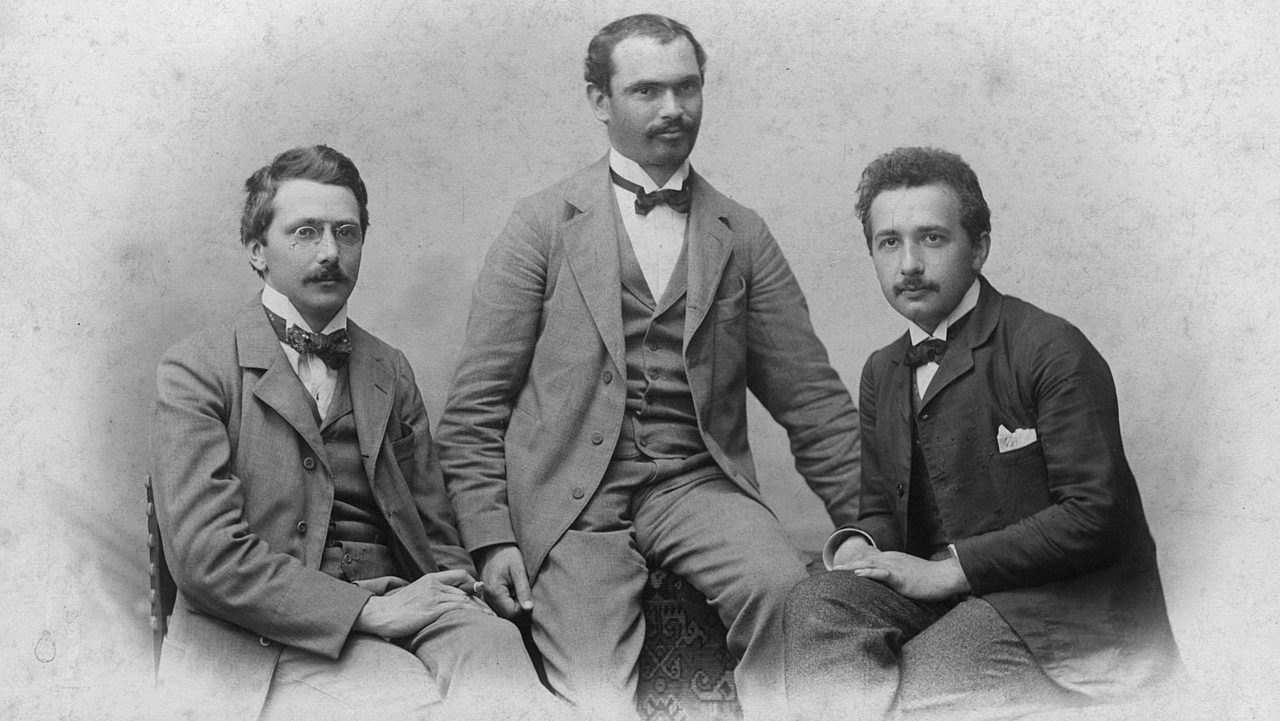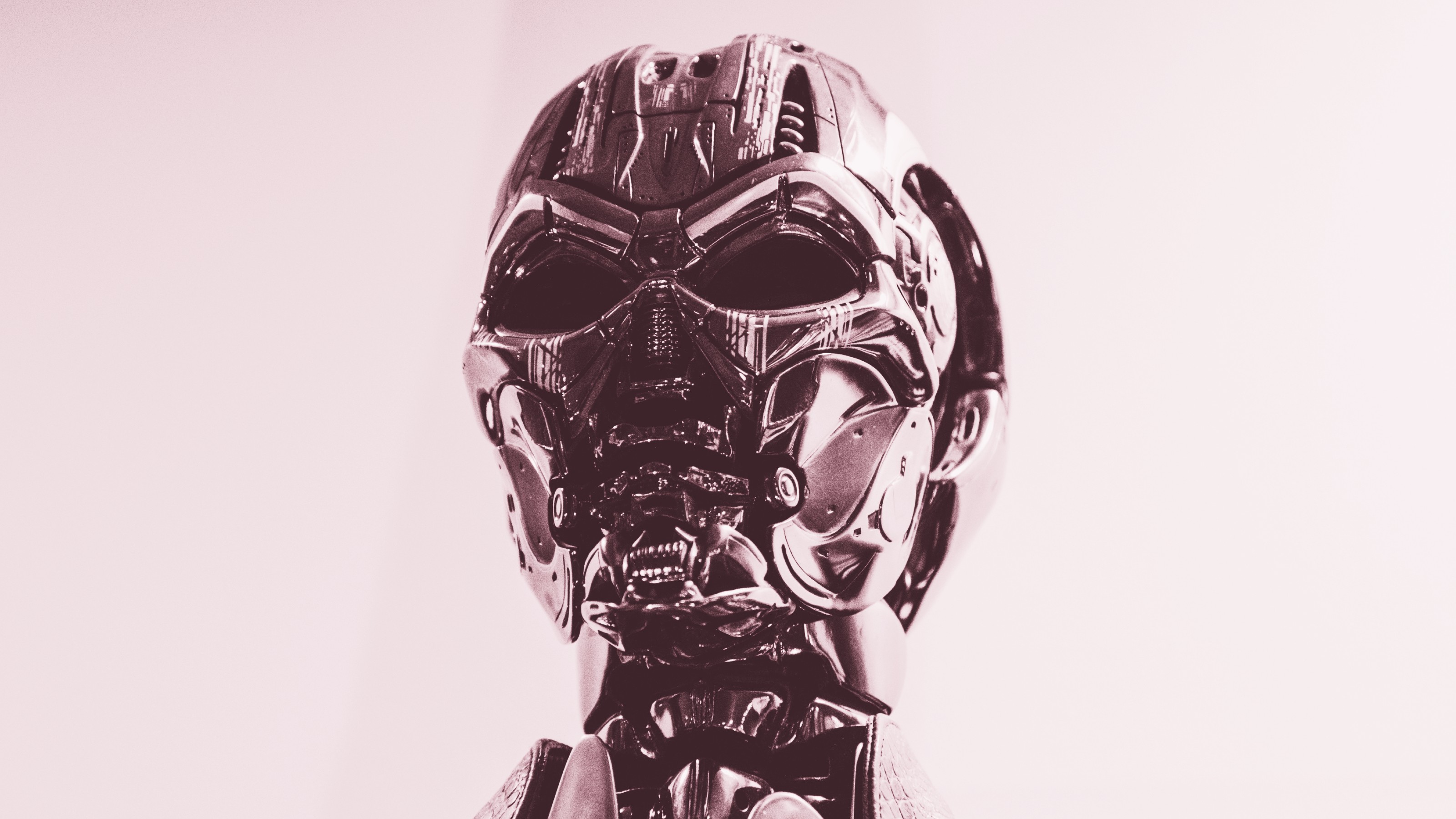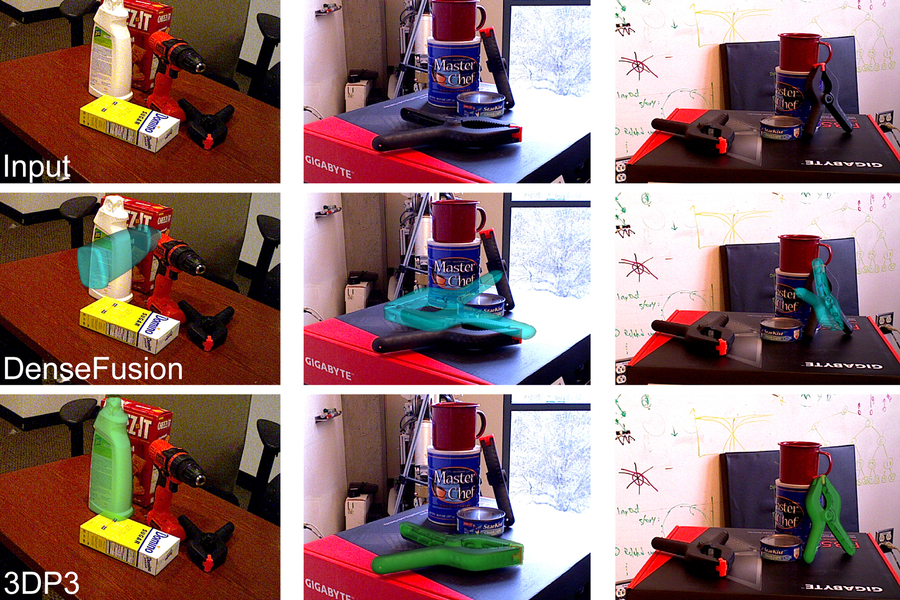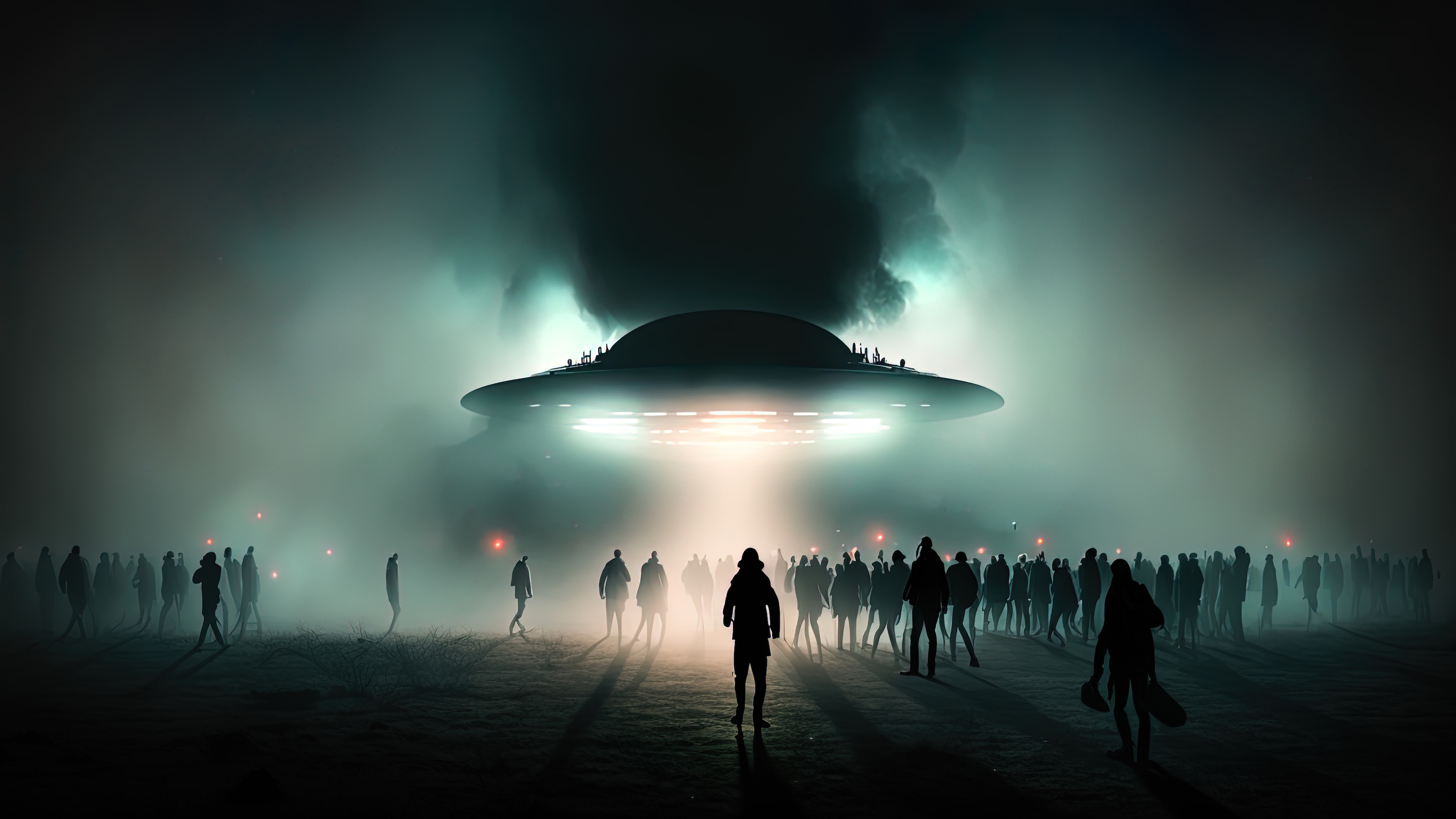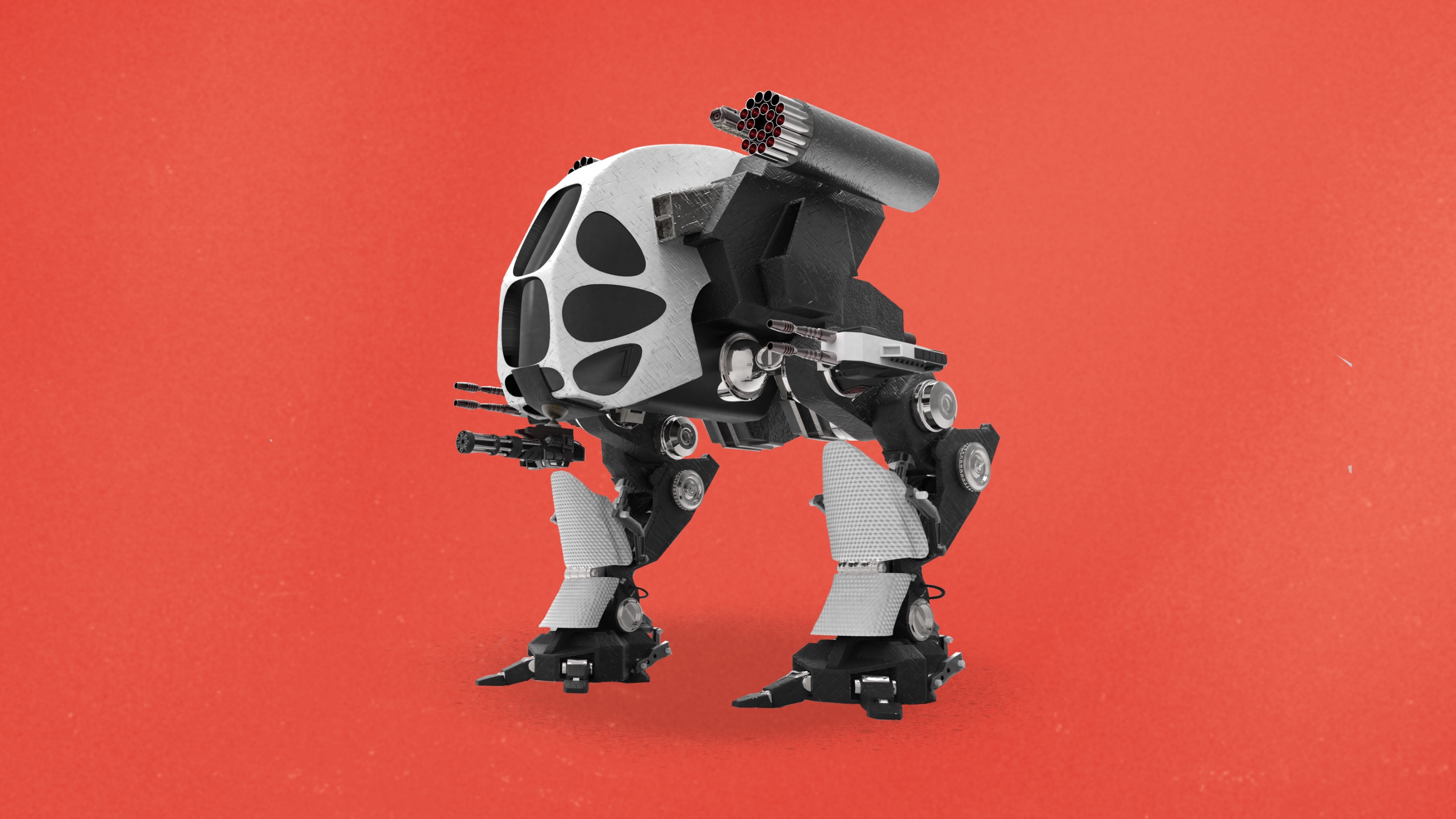Many mavericks look to Einstein as a unique figure, whose lone genius revolutionized the Universe. The big problem? It isn’t true.
Search Results
You searched for: Computer Programming
From forgotten Hollywood movies to Frank Herbert’s “Dune,” science fiction illustrates some of our deepest fears about technology.
Merely 256 genetically engineered mice could make an island’s pest population go extinct.
The book “The Genesis Machine” outlines the promise and peril of synthetic biology, a powerful tool that will allow us to program life like a computer.
Could anyone still meet the Theoretical Minimum?
“The promise of the Human Genome Project has finally arrived.”
A new “common-sense” approach to computer vision enables artificial intelligence that interprets scenes more accurately than other systems do.
Even if a leading theory of consciousness is wrong, it can still be useful to science.
Perhaps we should be searching for “other Mercurys” rather than “other Earths.”
The game of Plinko perfectly illustrates chaos theory. Even with indistinguishable initial conditions, the outcome is always uncertain.
From “Thompson’s violinist” to the “Experience Machine,” these thought experiments will throw your mind for a loop.
“You’ll be able to fly twice as fast as a Boeing or Airbus, and it’ll be like the cost of flying business today.”
A powerful new tool lights up the brains of worms, and may soon help draw maps of other animals brains.
Chess could perhaps be the ultimate window through which we might see how our mental powers shift during our lives.
In a major advance, scientists have found a new and groundbreaking way to force electrons to flow only in one direction in a superconductor.
Years of shoddy research have overstated the risk.
It’s far less likely to wander into bizarre lies, emotional rants, and manipulative tangents.
Can AI-powered “answer engines” replace the 10 blue links model?
9 minutes of cruel history may cure the anti-progress delusion.
It’s something to wrestle and live with, says behavioral scientist Arthur Brooks.
“Lethal autonomous weapon” sounds friendlier than “killer robot.”
We will become billions of people who share a single vast intellect.
One of the most promising dark matter candidates is light particles, like axions. With JWST, we can rule out many of those options already.
When plans fall apart, adaptability can build something better.
From machines to animals, there are many kinds of possible minds.
And is anyone protecting children’s data?
A new AI lie detector can dive into their hidden thoughts and reveal “what language models truly believe about the world.”
A computer that could decidedly pass Alan Turing’s test would represent a major step toward artificial general intelligence.
Topologists can’t tell donuts from coffee mugs, but their maps are revelatory nonetheless.
Whether you write it 6/28 or 28/6, it’s perfection either way. Perfection might be a wonderful thing to strive for in life, but achieving it is very rare. In the realm […]
